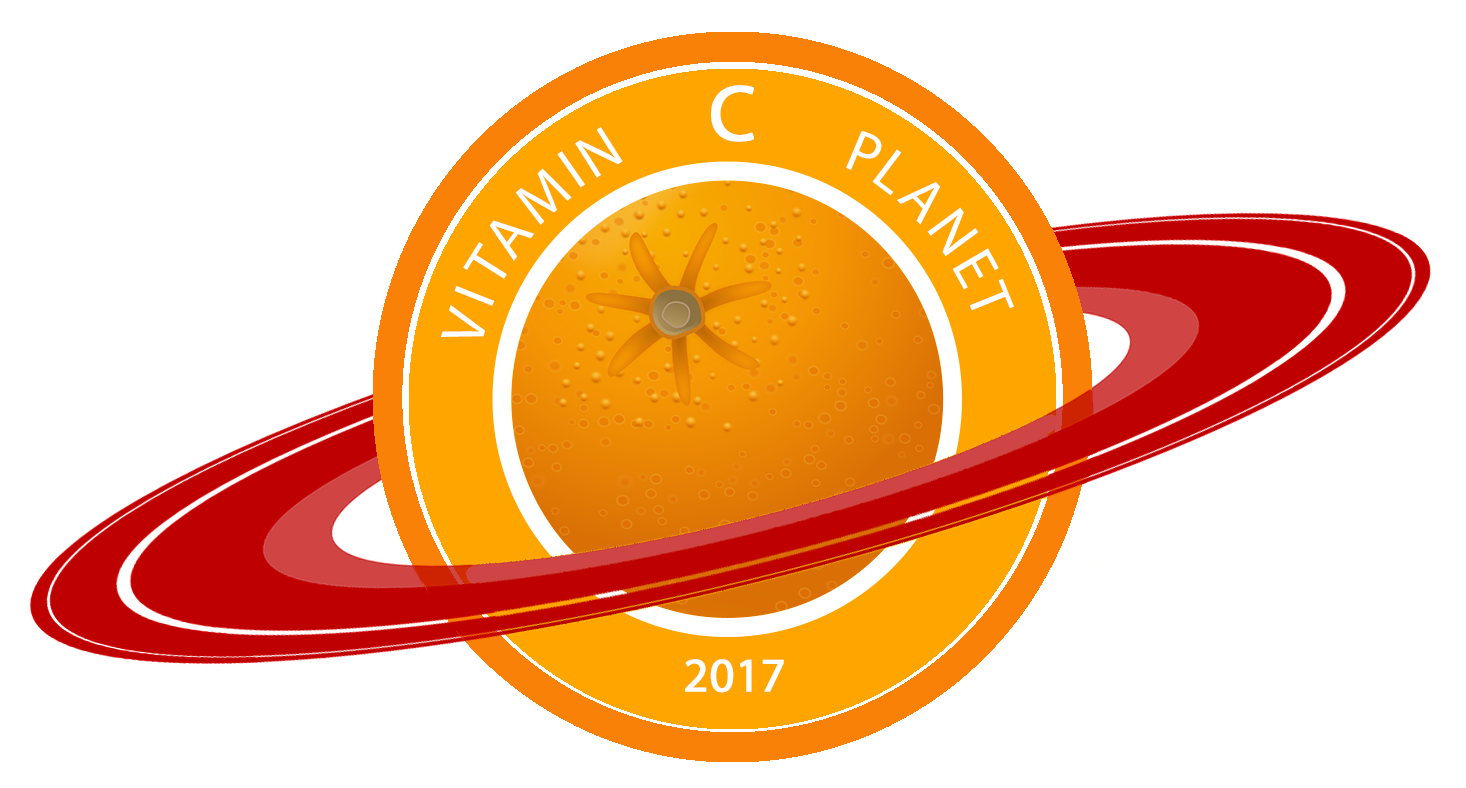Does Vitamin C Help Multiple Sclerosis Patients?
Multiple Sclerosis (MS) is an autoimmune disease in which the immune system attacks the protective sheath (myelin) on the nerve fibers and due to this damage, the communication between brain and other parts of the body will be interrupted.
About 21/2 million people are suffering from MS worldwide. However, the rate of this disabling disease is varied among different countries. In 2015 the highest rate of MS was reported in Canada (291 per 100/000 people) and now it is estimated that 77,000 Canadians and 400,000 people in the USA living with MS.
Variety of signs and symptoms may be seen depending on the severity and location of the damages. Mostly observed symptoms are:
·Fatigue
·Dizziness
·Numbness or weakness in one or more limbs
·Partial or complete loss of vision and pain during eye movement
·Prolonged double vision
·Tremor, lack of coordination or unsteady gait
·Tingling or pain in parts of your body
·Electric-shock sensations that occur with certain neck movement (Lhermitte sign)
·Slurred speech
·Problems with bowel and bladder function
These symptoms are not observed all together at a certain time and usually occurred in a time course, it means that patients experience periods of new symptoms or relapses over days or weeks and then it will be partially or completely improved. This is called relapsing-remitting disease course.
Vitamin C has a crucial role in the normal physiology of central nervous system (CNS) especially in the brain. Vitamin C is important in the neuronal maturation and differentiation, synthesis of catecholamine, modulation of neurotransmission, myelin formation (the protein which is damaged in the course of MS), and antioxidant protection.
On the other hand, a reason of neurological diseases like MS is the increase in the free radical generation, which can result in damaging several biomolecules. Vitamin C is a potent free radical scavenger and some researches have shown the role of Vitamin C deficiency in the etiology of many neurological disorders.
Vitamin C due to its anti-oxidant potential not only can take a role in the management of MS symptoms and changing the pattern of relapsing/remitting events, but also can affect some other neurodegenerative diseases including Alzheimer’s disease, Parkinson’s disease, Huntington’s disease and amyotrophic sclerosis, as well as psychiatric disorders including depression, anxiety and schizophrenia.
Attention!
NOAH Vitamin C is NOT for prevention, diagnosis, or treatment of diseases
Further Readings!
https://www.mayoclinic.org/diseases-conditions/multiple- sclerosis/symptoms-causes/syc-20350269
https://www.statista.com/statistics/372361/prevalence-rate-of-ms-in-select-countries/ https://www.ncbi.nlm.nih.gov/pmc/articles/PMC5537779/












